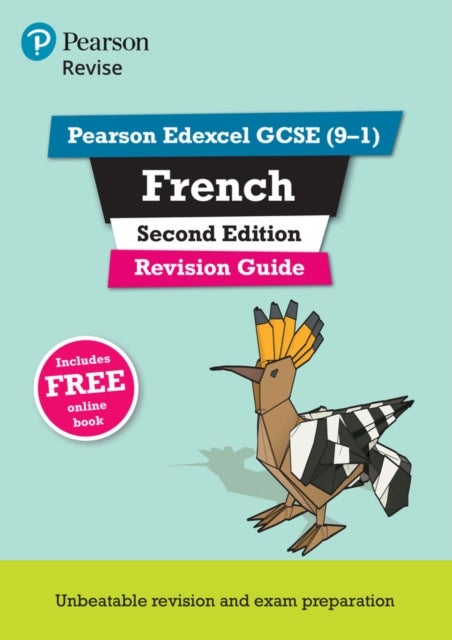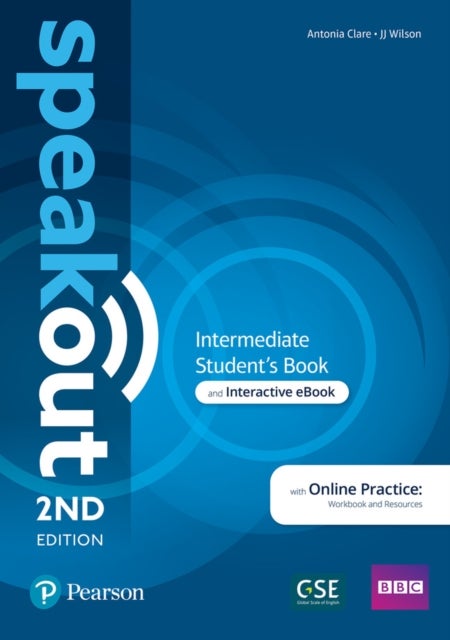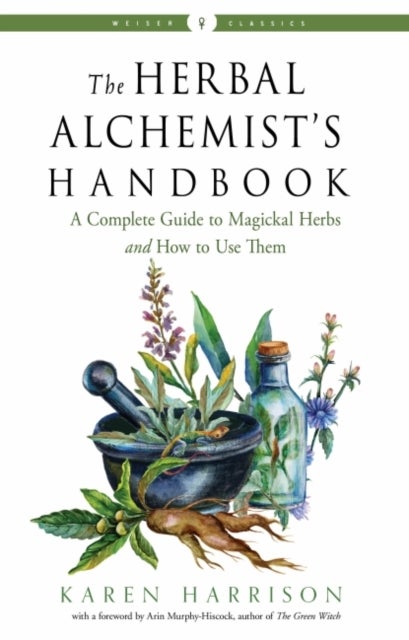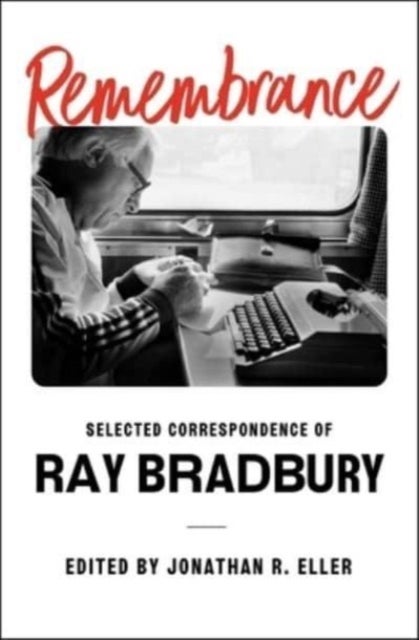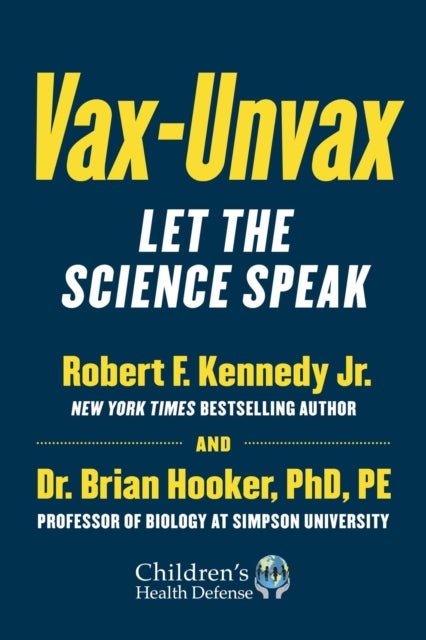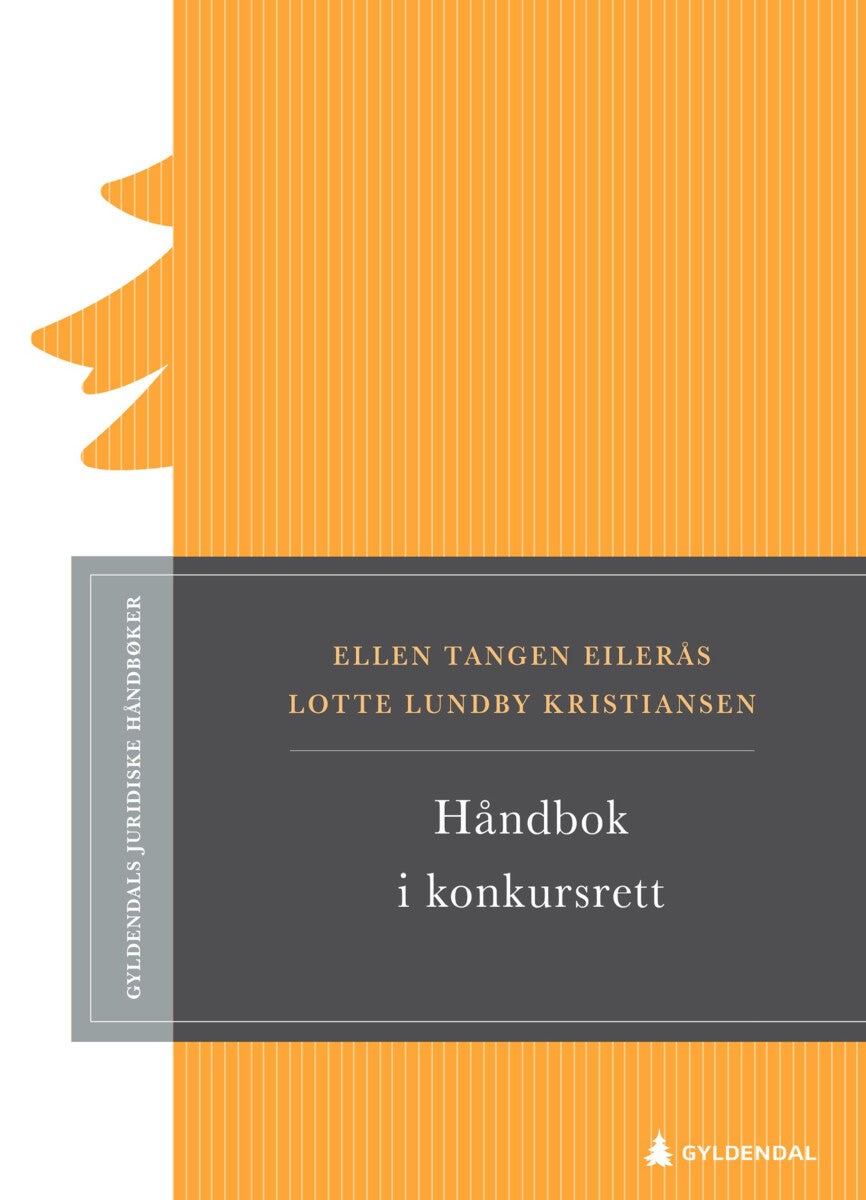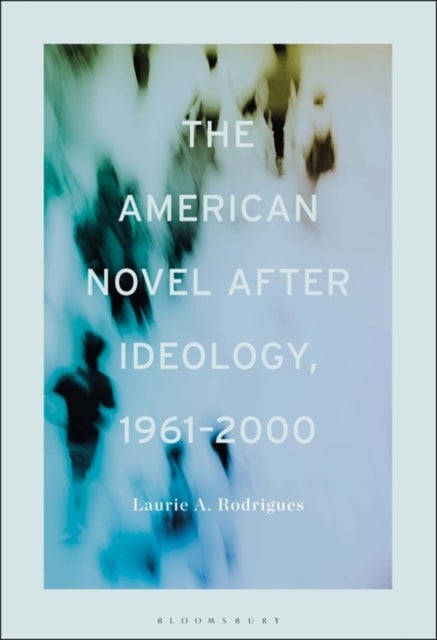
The American Novel After Ideology, 1961¿2000 av Professor or Dr. Laurie (Assistant Professor of English University of La Verne USA) Rodrigues
1099,-
Claims of ideology¿s end are, on the one hand, performative denials of ideology¿s inability to end; while, on the other hand, paradoxically, they also reiterate an idea that ¿ending¿ is simply what all ideologies eventually do. Situating her work around the intersecting publications of Daniel Bell¿s <i>The End of Ideology</i> (1960) and J.D. Salinger¿s <i>Franny and Zooey </i>(1961), Laurie Rodrigues argues that American novels express this paradox through nuanced applications of non-realist strategies, distorting realism in manners similar to ideology¿s distortions of reality, history, and belief. Reflecting the astonishing cultural variety of this period, <i>The American Novel After Ideology, 1961 - 2000</i> examines <i>Franny and Zooey,</i> Carlene Hatcher Polite¿s <i>The Flagellants </i>(1967), Leslie Marmon Silko¿s <i>Almanac of the Dead</i> (1991), and Philip Roth¿s <i>The Human Stain</i> (2001) alongside the various discussions around ideology with which they intersect. Each nov


